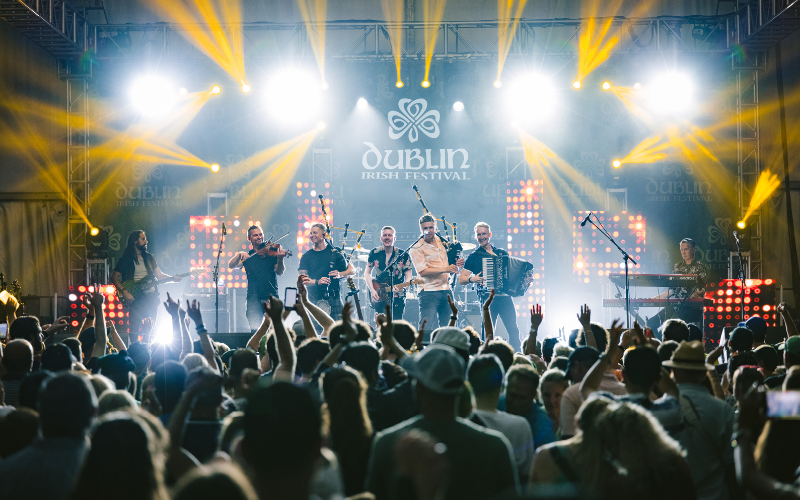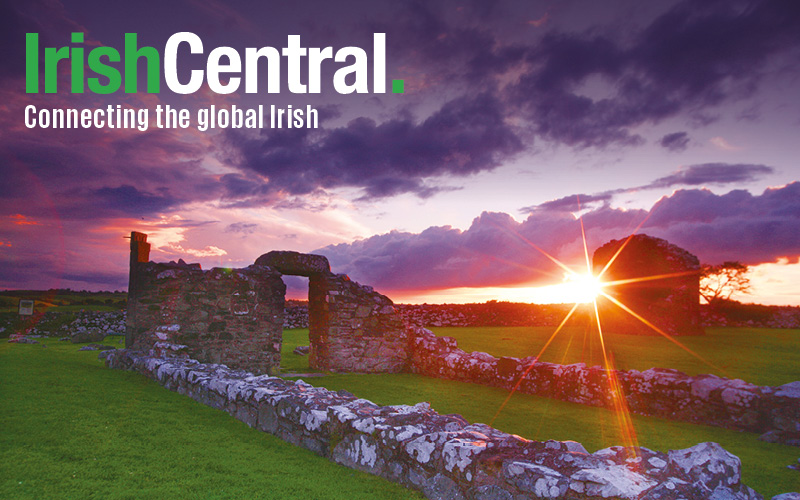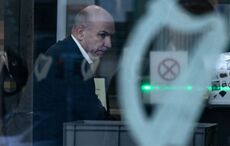A highly decorated senior British Army officer from Northern Ireland who won the Military Cross in Afghanistan has said that training local police there is a waste of time and that the war on drugs is merely creating allies for Al Qaida. Captain Doug Beattie of the Royal Irish Regiment gained the Military Cross after a 14-day battle against the Taliban in 2006. After that battle his patrol became the most highly decorated British army unit since the first Gulf War in 1991.
Now, Beattie says that training Afghan police who then serve in their own tribal neighborhoods is a complete waste of time.
Speaking in Belfast prior to a private lecture about the war against the Taliban in remarks reported by the Observer newspaper the officer said , "So you have, say, a Pashtun Alizai tribesman who is recruited into the police and trained by the likes of us who then ends up serving in the Alizai area of Helmand. If that officer is now manning a checkpoint and Alizai aligned to the Taliban who have known him all his life come up to him, what is he going to do?
"It's more than likely that officer is going to let that particular Taliban through the checkpoint with their guns and their explosive devices. That officer will be more loyal to his tribe in his own tribal area than his police force or indeed the government."
Beattie worked as a mentor with the police in 2006. "I am really disappointed with the plan for policing in Afghanistan. The problem with the police in Afghanistan, particularly in Helmand, is that they are drawn from their own communities.
Beattie drew an analogy between the Taliban tribal areas and the IRA and South Armagh, the famous border area the IRA controlled during the Troubles.
"This would be like taking a police recruit from Crossmaglen in south Armagh, then getting him to patrol in Crossmaglen. Imagine all the local pressures he would be under from republican dissidents he might have gone to school with, or who knew where he or his parents lived. That is taking place in Afghanistan, and we, the west, are facilitating it.
"The failure of policing in Afghanistan is a critical reason why the Taliban are scoring so many successes, why they are getting more support. The people like the Afghan army in Helmand, yet the army don't come from Helmand, but from other parts of the country. Yet the people don't trust the police – the relationship with them is truly horrendous."
The Northern Ireland-born officer also stated that opium crops should be bought up and not destroyed and tuned into morphine for hospitals. "On my tour of duty in 2006, I once stumbled across a farmer tending his poppy crop," Beattie said. "Through my interpreter, I said to him, 'Do you not realise that the extracts from your poppies are ending up on the streets of my country, where children as young as 10 and12 are destroying their lives with drugs?' He replied: 'At least you in the west have the choice to take heroin or not. I have no choice but to grow the poppy. If I don't grow the poppy, my family and I will starve.'
Beattie said, "You need to carry on the alternative livelihood programme that encourages farmers to grow other crops, while at the same time buying the opium off the farmers and turning it into morphine, because if we continue the war on drugs those farmers will be driven into the Taliban's arms. That farmer thinks we are targeting him in this policy, and that is why he is willing to pick up a rifle and start firing at us. Many of the contacts we have that we say are engagements with the Taliban are in fact with farmers who believe we are eroding their way of life and their means of sustaining their families."




Comments